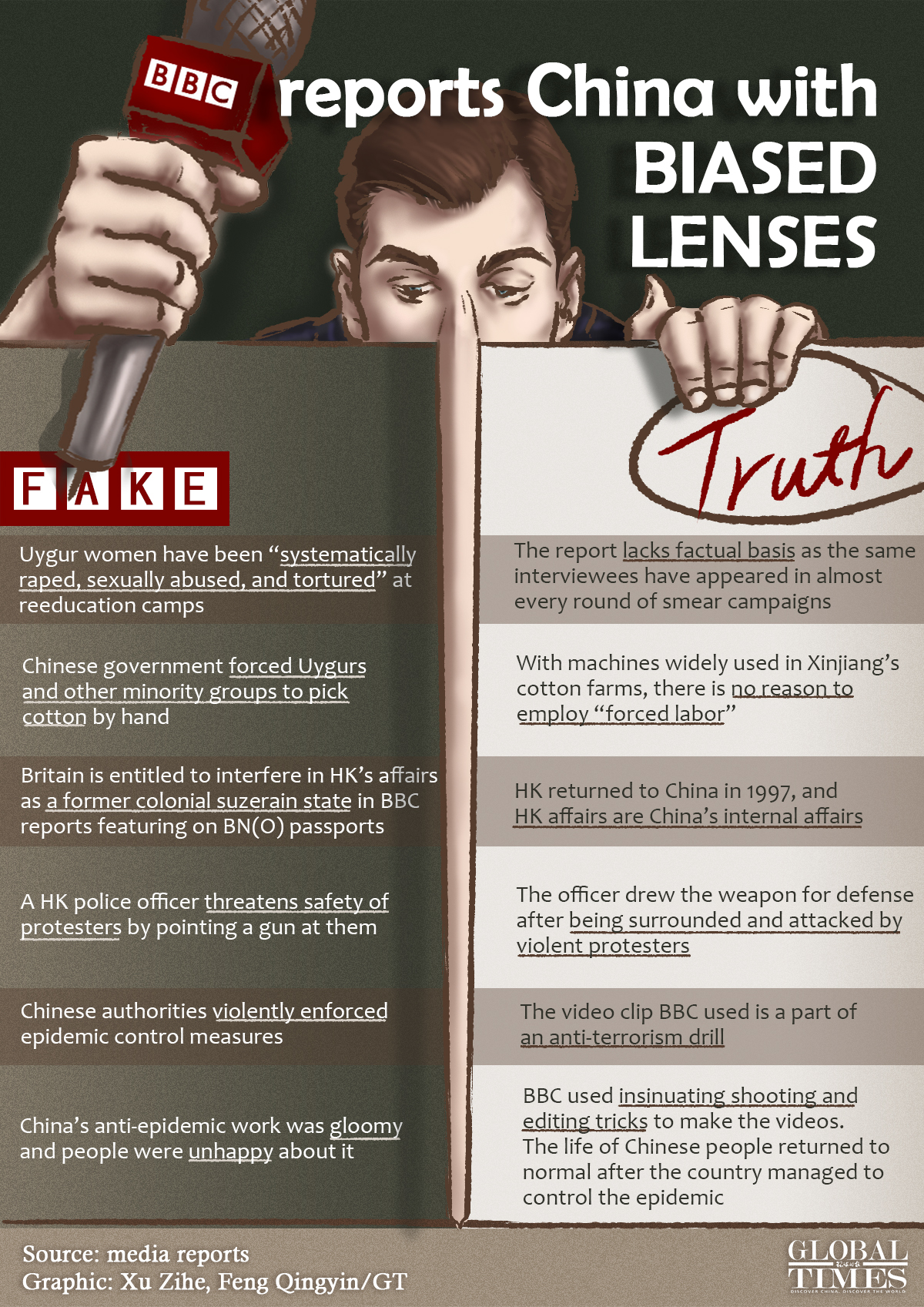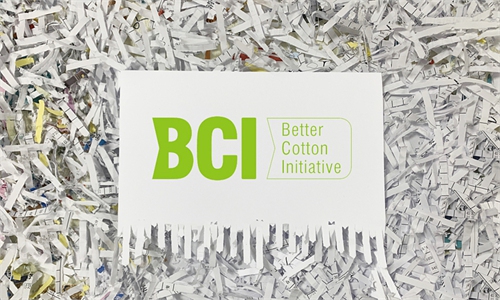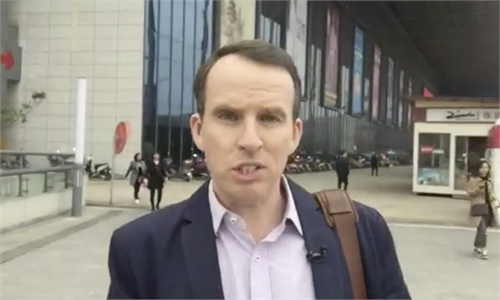BBC is facing a credibility crisis and needs to win trust with objective and fair reports: Chinese FM

How does the BBC apply “results before evidence” principles when reporting on China? Graphic: Xu Zihe, Feng Qingyin/GT
Chinese Foreign Ministry spokesperson, Hua Chunying, said at a media briefing on Wednesday that the BBC is facing a credibility crisis and needs to take actions to prove it is trustworthy by publishing more reports that are objective, just, truthful and faithful reports, given that it keeps producing false and biased reports on China and international issues.
When talking about the false reports by the BBC, Hua showed a short video in which a foreign blogger reveals the sources of fake news related to Xinjiang produced by Western media, including references to the alleged scholar Adrian Zenz.
Based on the video, Zenz initially turned down the BBC's request to collect evidence on Xinjiang but later agreed to do so after he was paid a commission.
A BBC producer at the scene, who claims she is in charge of the report on Xinjiang related to Zenz, argued that she has never seen or communicated with the blogger before and questioned why the blogger had known about the contact between the BBC and Zenz.
"There is nothing strange that you don't know him, because when Zenz said that BBC approached him, not necessarily you yourself approached him, right?" Hua replied to the BBC producer.
She further pointed out that it was Zenz himself who posted on Twitter that the BBC asked him to find evidence which was later discovered by the blogger. "You can see that Zenz himself tweeted that the BBC asked him for evidence. He thought it was difficult to find any. So, the BBC paid Zenz a commission and he went to find more evidence," Hua said.
Perhaps BBC needs to conduct an internal investigation to find out more about this and where Zenz got all the evidence. This could also help salvage your reputation. Hua added.
Hua raised solid evidence at the conference to slam BBC's false reports on Xinjiang. For instance, a BBC documentary on the COVID-19 epidemic in Wuhan aired in January, says that China was "detaining people with their head covered" but in fact it was footage of a counterterrorism training exercise by the Chinese police.
The BBC producer also claimed that BBC is supervised by the UK's Office of Communications (Ofcom). However, Ofcom only supervises the BBC's domestic departments in the UK but BBC World Service, granted with a Royal Charter, is immune from any form of regulation and can produce all the disinformation it likes with legal impunity in the UK, Hua noted.
The BBC is facing a credibility crisis and it has reasons, according to Hua. In his book, The FakeNews Factory: Tales from BBC-land, British scholar David Sedgwick believes that the BBC has now transformed into a hard-core political party in all but name. The turn has clearly deviated from the requirement of impartiality and political neutrality by the Royal Charter, which has caused the spread of the fake news virus in the UK.
According to a report by British media Daily Express, polls show that almost half of the British respondents see lack of impartiality in BBC news reports in recent years.
"You need to take actions and make efforts if you want to change people's perception," Hua said.


